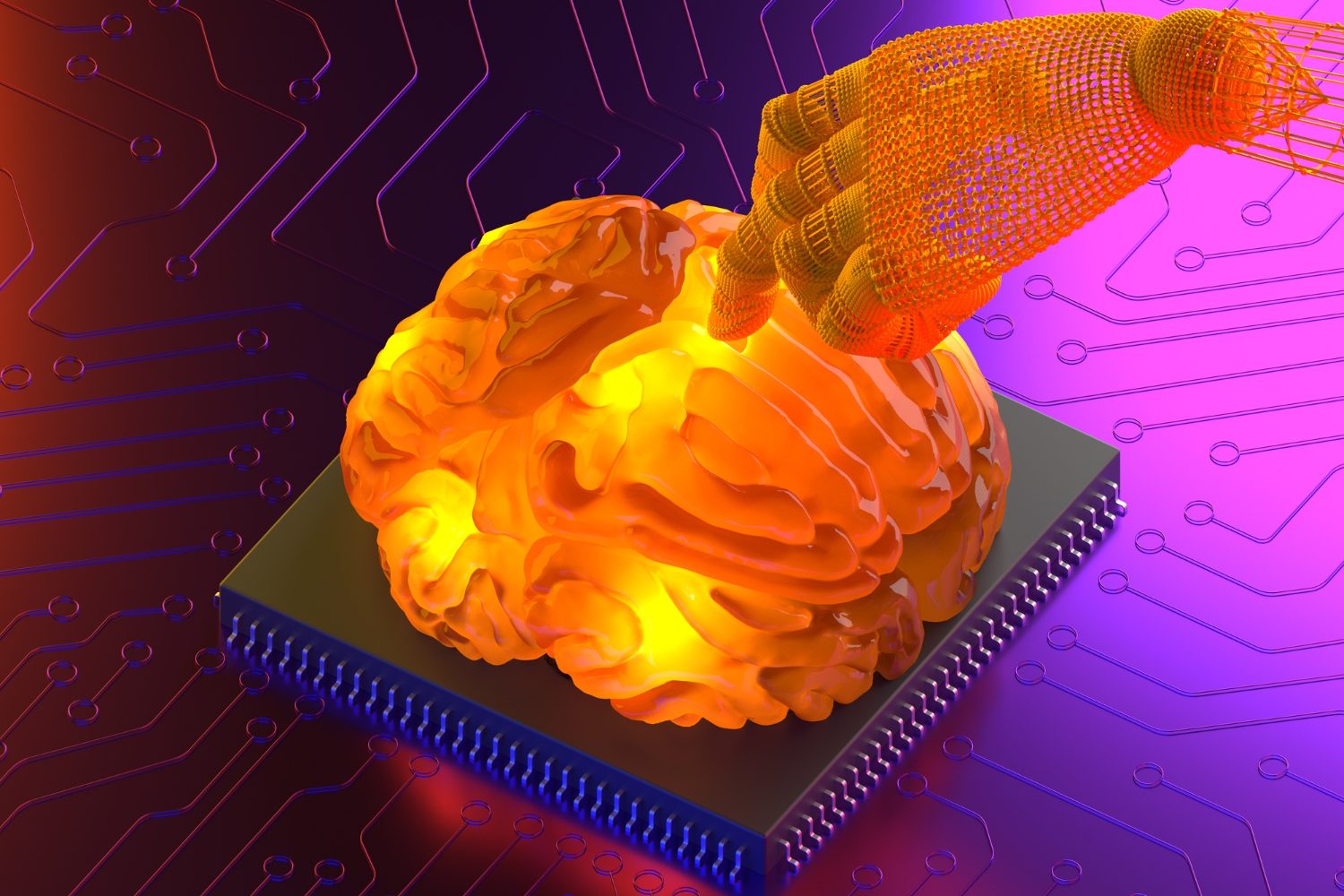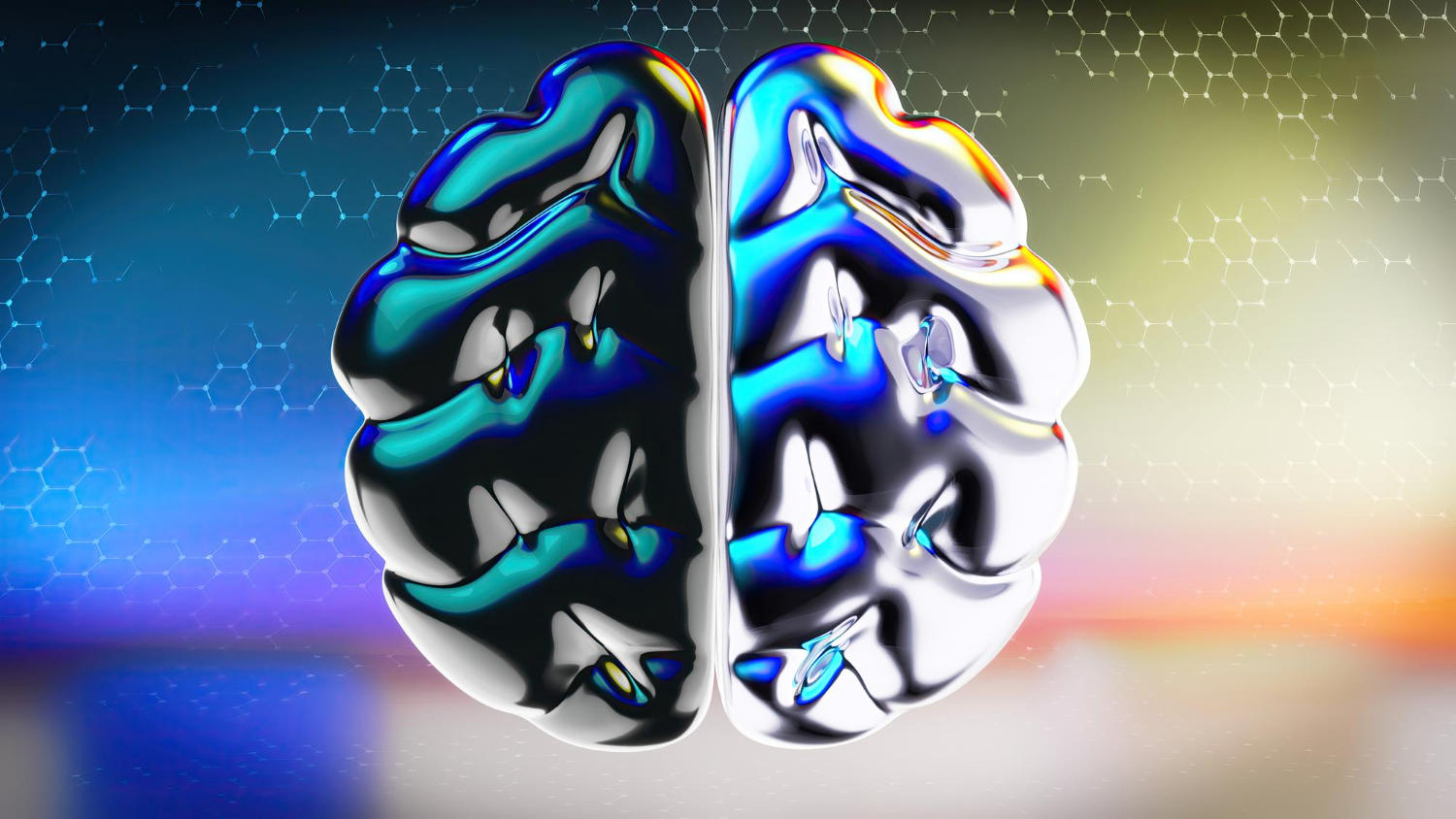Brain-computer interface (BCI) technology raises significant ethical considerations, primarily concerning privacy and consent. BCIs can access and manipulate neural data, potentially leading to unprecedented invasions of personal privacy. Malicious entities could misuse unauthorized access to an individual’s thoughts and mental states or use it for coercive practices.
Ensuring informed consent is also challenging, as users may not fully understand the implications of sharing their neural data. Safeguarding this information is crucial, necessitating robust legal and ethical frameworks to protect individuals from exploitation and unauthorized surveillance.
How does BCI technology impact privacy?
BCI technology collects and processes neural data, which is highly personal and sensitive. Unauthorized access to this data can lead to privacy breaches. Companies must implement robust security measures to protect users’ neural information. Additionally, clear policies on data usage and sharing are essential to maintain user trust.
Users should have control over their data, including the ability to delete or anonymize it. Transparency in data handling practices is crucial. Companies should also consider the implications of data storage and the potential for long-term surveillance.
Privacy concerns extend to the potential for third-party access. Governments and organizations may seek access to neural data for various purposes, raising ethical questions about consent and the right to mental privacy.
What are the risks of misuse of BCI technology?

BCI technology can be misused in several ways. One risk is the potential for coercion or manipulation. Individuals may be forced to use BCIs against their will, leading to a loss of autonomy. Additionally, BCIs could be used to influence thoughts or behaviors, raising concerns about free will and personal agency.
Another risk is the use of BCIs for surveillance or control. Governments or organizations could use BCIs to monitor individuals’ thoughts and actions, leading to a loss of privacy and freedom. This could result in a society where individuals are constantly monitored and controlled.
To mitigate these risks, regulations and ethical guidelines are necessary. Companies and governments must work together to establish standards that protect individuals’ rights and prevent misuse of BCI technology.
How does BCI technology affect personal identity?
Brain-computer interfaces (BCIs) are poised to significantly impact how we perceive ourselves. This technology directly interacts with the brain, potentially influencing how we experience thoughts, abilities, and even memories.
Furthermore, BCI use might lead to a spectrum of experiences. Some may feel empowered by enhanced cognitive abilities. However, others might worry about a compromised sense of self or a loss of control over their thoughts and actions.
These concerns highlight the potential psychological and emotional challenges that BCI technology could introduce. As BCI development progresses, robust ethical guidelines are crucial to ensure user control over this technology and to safeguard their sense of self.
What are the potential challenges of equitable access to BCI technology?

BCI technology can revolutionize various aspects of life, from healthcare to communication. However, ensuring equitable access to this technology poses a significant challenge. Developing and implementing BCIs can be expensive, potentially limiting access to the wealthy or privileged. This situation could exacerbate existing social inequalities and create a new digital divide.
To address this, initiatives must promote the affordability and accessibility of BCI technology. Additionally, addressing ethical considerations regarding access for people with disabilities is crucial to ensure inclusivity.
For more insights on the future of brain-computer interface technology, check out our pillar article: Elon Musk’s Neuralink: The Future of Brain-Computer Interface Technology.
- The Agentic Startup Manifesto - June 8, 2025
- Remote Hiring in 2025 - April 5, 2025
- Burnout in Remote Teams: How It’s Draining Your Profits - January 27, 2025
